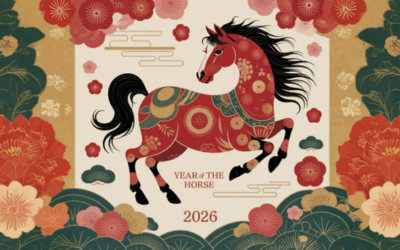Perhaps we should start with Apple – they don’t make anything but are still doing reasonably well! They focus on creating great innovative products, and then use their extensive network of factories to deliver their perfectly formed products. So perhaps there is something in it – here are a few key points:
Resource Allocation
Would Apple make more money if they had their own production? No, because manufacturing is a totally different skill set, and can be a huge drain to manage and keep at optimal production. If Apple has worked out that they need to focus on design and innovation, would it also help your company? What happens when the next recession hits – you have a half empty factory with overheads that need covering regardless. How often will you need to gamble on financing new high tec equipment, only for the market to shift and you no longer have the cutting edge, and are carrying additional overheads.
Having the flexibility to outsouce can have huge benefits. China offers a vast number of companies willing and able to help. They will come with all the resources you need, and if they have not got it – there will be another that does. A downturn in your industry does not necessarily have a major impact on them, and put simply, they have to manage the changes – you don’t.
Many of our customers benefit from exactly this, and it helped them to get through the 2008 recession.
Cost:
Another huge driver is cost, and were you outsource to. There are of course advantages to sourcing locally, but only if those companies can offer a competitive option. We often find the tooling and development costs can be a huge barrier when considering local production, and this is where China excels. With advanced tooling facilities, and the easy use of 3D models to develop parts, your products can be sampled in no time at a fraction of the cost.
Whilst development costs in China have increased over the years, they are still competitive, and we often find are half that of UK quotations.
Naturally unit cost is where the real savings are, and with labour rates at under half of those in the UK, labour intensive products will always benefit from outsourcing – how else can you be competitive if your competitors are doing it?
Accessing these benefits are the problem for many companies, but we can take care of all of these.
Flexibility:
The traditional approach in China has been to establish joint ventures, and try and gain the benefits whilst keeping control. Our view is that worked effectively about 15 years ago, but the increasing pressure applied by government departments on factors such as EHS and Labour Laws has significantly changed the attraction of these.
In 2018, thousands of factories were closed as EHS inspectors cracked down on polluters, and without flexibility, many companies suffered from having to invest heavily in new equipment before they were able to start supply again.
Flexibilty includes the option of finding factories that have invested in environmental systems, and allowing you to ensure that your brand values extend to those making your products.
These key advantages are ready and waiting for companies to enjoy. Whatever your product, your industry, your level of technology, there will be partners keen to work with you. Whilst it can be a challenge to locate, set up and manage these relationships – we can provide all that for you, and work with you to gain these advantages.
For more info on product manufacturing – call us on: 01225 460 388 or find out more by emailing mail@onepointtwo.com


